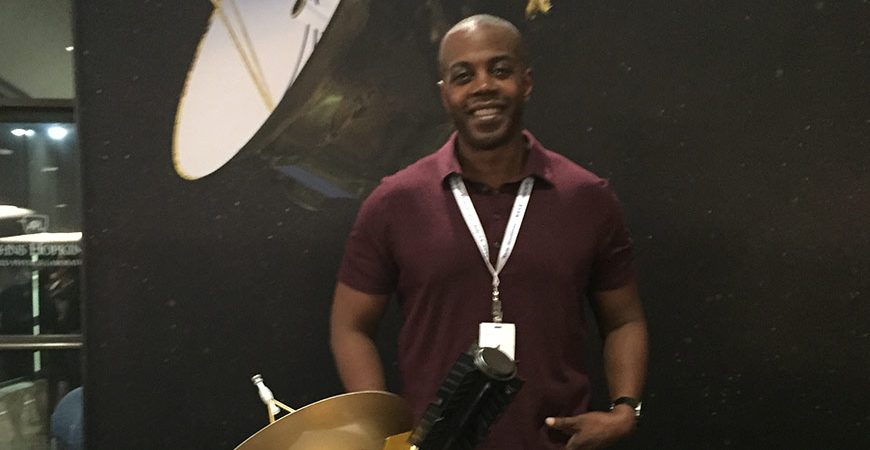FutureDude founder, Jeffrey Morris, will be addressing the Committee on Science and Technology Engagement with the Public (CoSTEP) on October 29, 2018 in Washington D.C. He will be presenting on ways to connect and engage the general public with science via the use of media.
Over the past two decades, Morris has worked extensively in the area of education and public outreach with entities such as NASA/JPL, Lockheed Martin, the Ocean Institute, and the Medtronic Foundation. He also served as the founder and executive director of the nonprofit, 501(c)3 organization Project Universe from 1999 through 2006.
Morris also has experience using science fiction and media as the basis for instructing a wide range of students from K-12 through the college level on subjects like aerospace and planetary science.
CoSTEP is a committee appointed by the American Association for the Advancement of Science (AAAS). The goal CoSTEP is to assist AAAS in its mission of “actively promoting efforts to enhance access to and understanding of scientific, mathematical, engineering and other technical knowledge, to empower citizens to use that knowledge for the betterment of themselves and society.” The objectives of the committee are:
- To develop and support an array of programming across different media that can enhance attention to and awareness of science and technology, including print, radio, television, and other electronic media, and to explore the development of non-traditional mechanisms for communicating science to the public (such as street fairs, carnivals, events in malls, etc.);
- To enhance the ability of informal science and technology education organizations, such as museums and zoos, to deliver quality programming by increasing their connections to scientists and engineers and by expanding their outreach to multiple audiences;
- To support the development of programs that enhance the ability of scientists and engineers to engage and communicate with the public;
- To foster dialogue and act as a connector between science and society so the public can find the high-quality science information they need.
